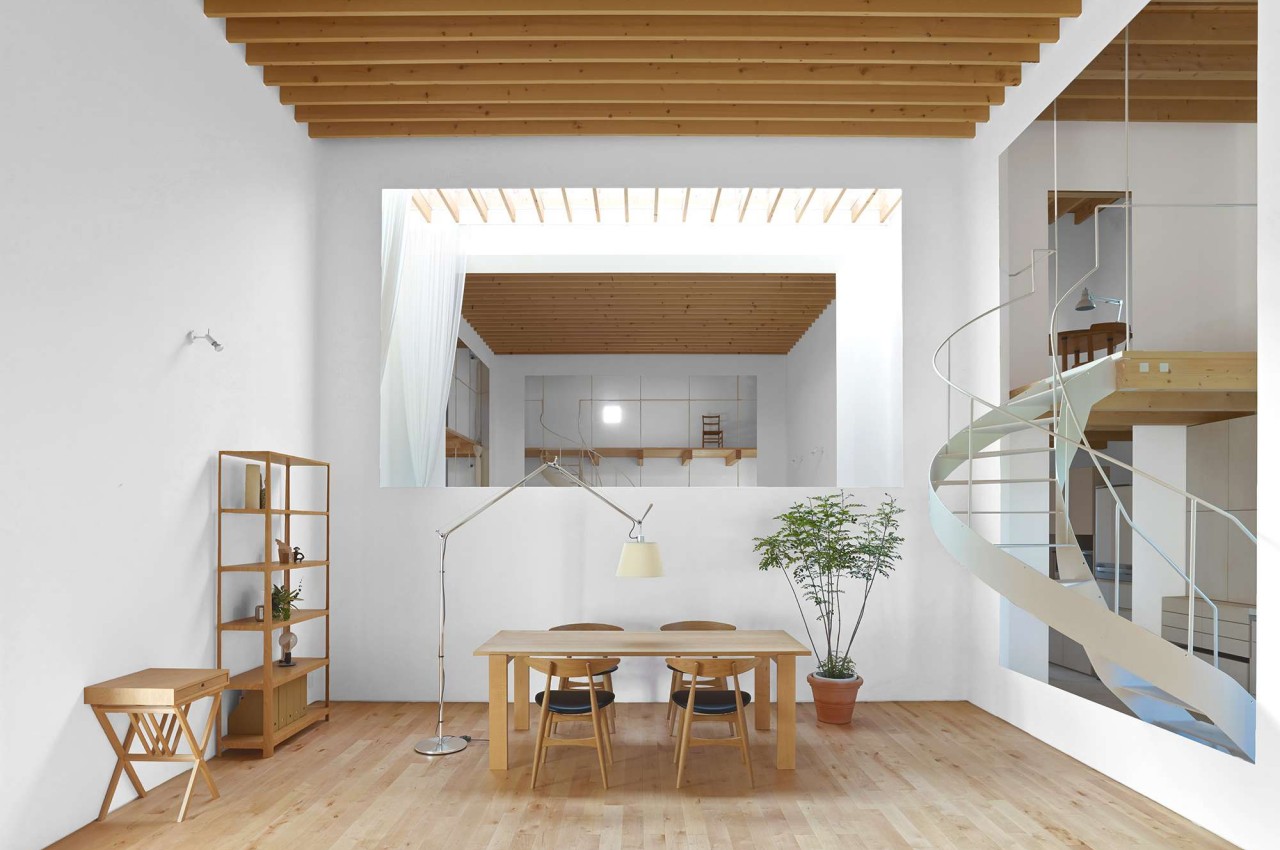
Our homes are the epicenter of our lives and determine our emotional and mental well-being. Off late, mindfulness has entered architecture and interior design and aims at creating calm interiors that nurture the body and mind. As we spend more time at home, we must rethink our spaces and create a space that focuses on wellness. Mindful spaces offer an environment that uplifts our senses and makes our abodes happier and more liveable. It helps us sync with our surroundings, reduces stress and anxiety, and allows us to be at ease.
Desinger: Jun Igarashi Architects
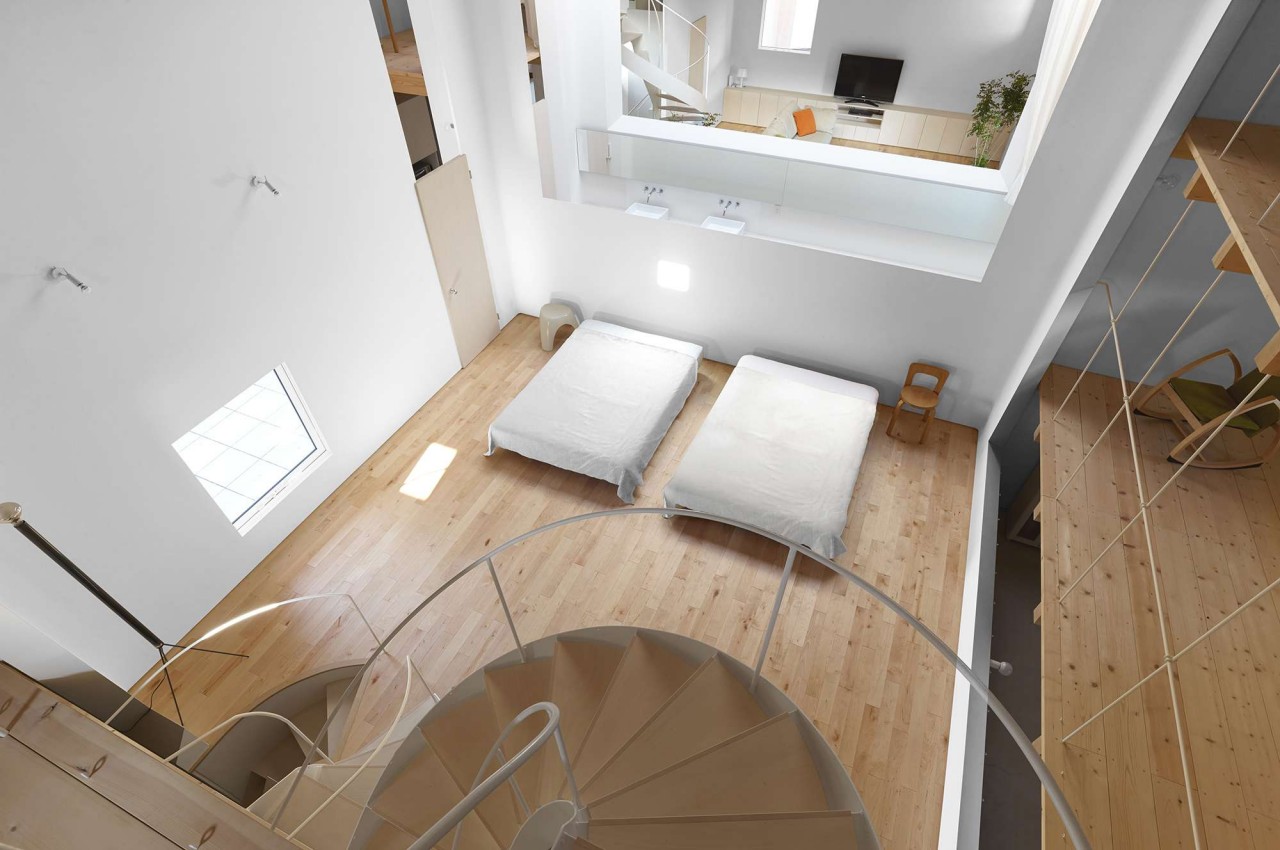
What Is Mindfulness?
Mindfulness allows us to be in the present, aware of what we are doing, and encourages us to pay attention to every decision we make. As per studies, mindfulness ensures an improved quality of life and provides plenty of health and mental benefits, and makes our lives better.
What Is Mindful Decor?
Mindful decor is not designed to impress others but allows us to look inwards, creating a sense of balance and harmony. One can create positive and balanced spaces that respond to the changing seasons with seasonal mindfulness. For example, bring in autumnal hues in the form of cushions, rugs, and bed linen during autumn and create a warm and cozy indoor space during winter. Here is how you can create an indoor environment that helps you feel comfortable and bestows a ripple effect of wellness within your home.
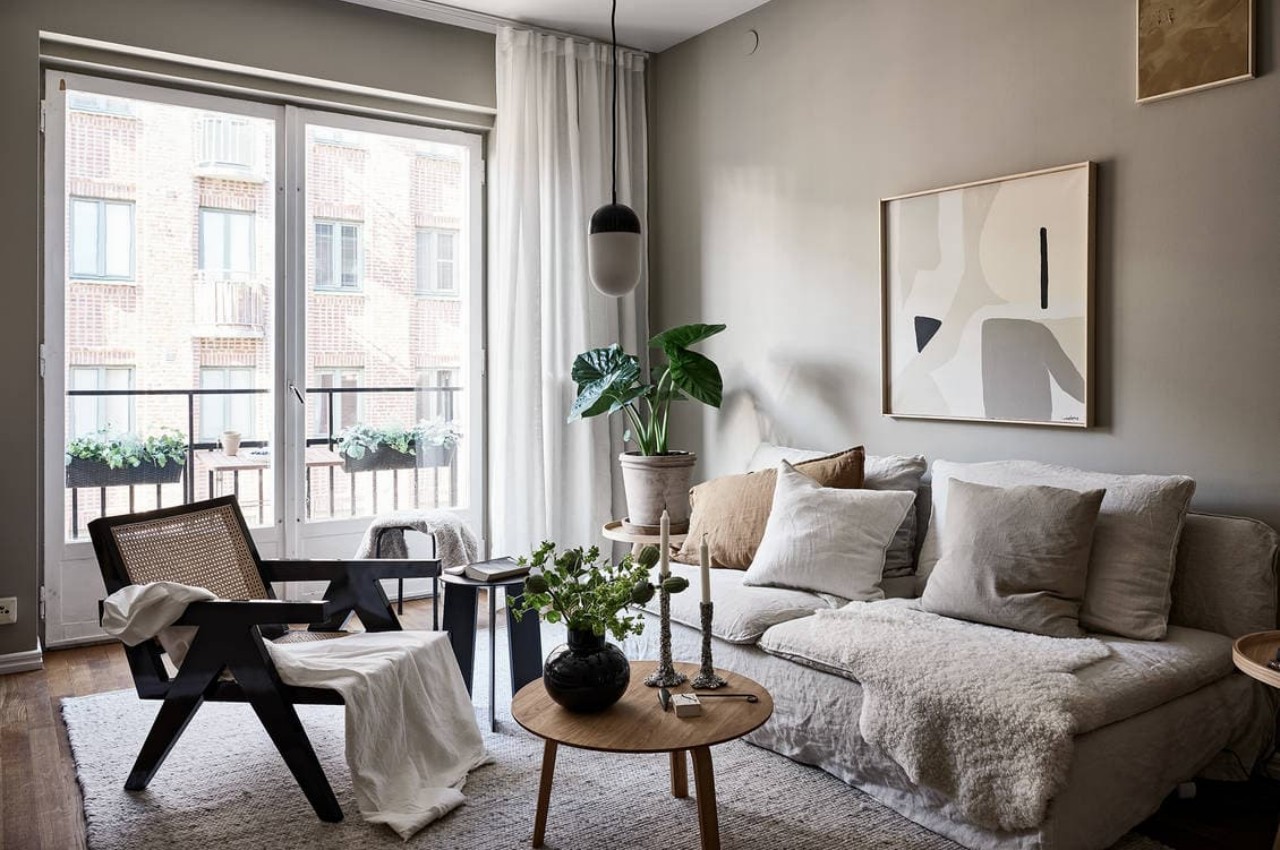
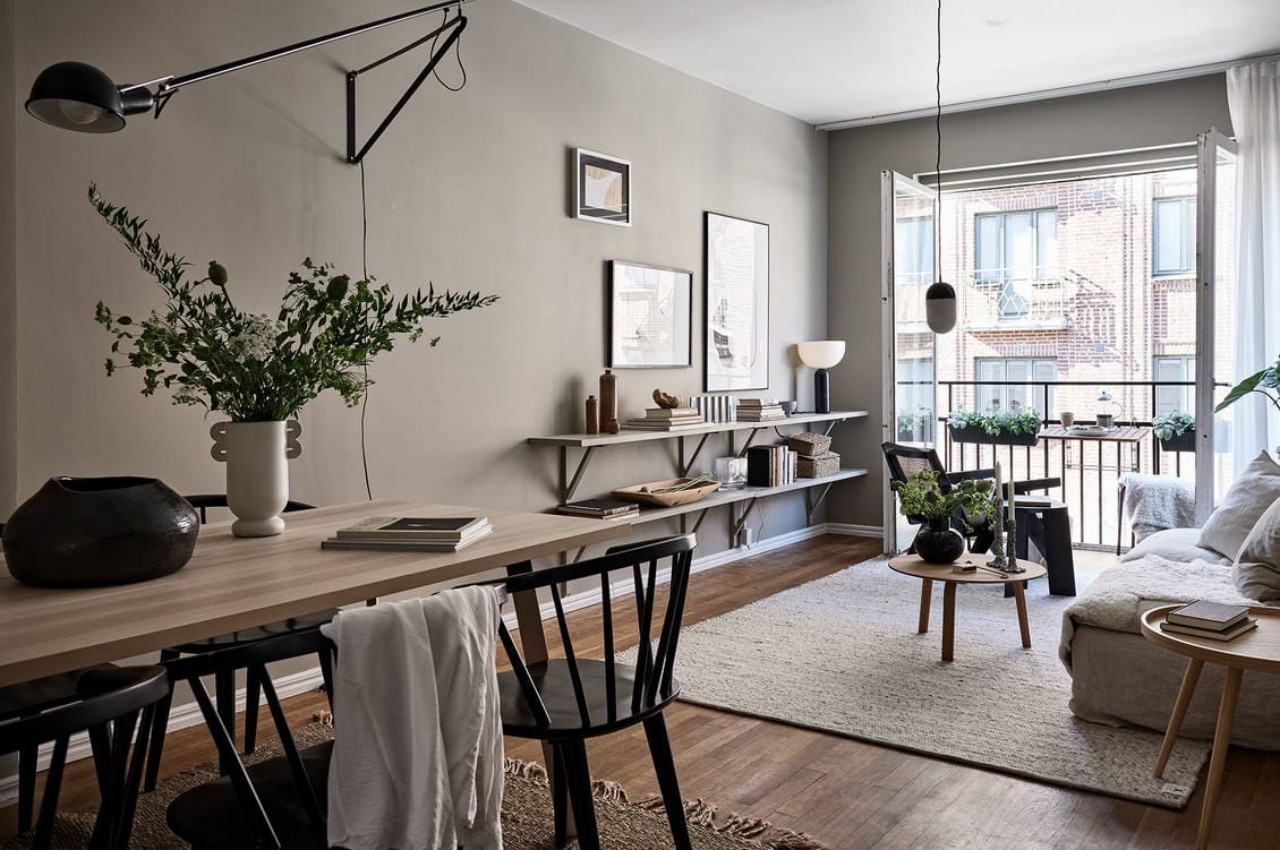
Designer: Grey Deco
Cut the Clutter
A cluttered environment is one of the main causes of stress and anxiety, while a clean, well-organized space helps us stay calm. Get into the regular habit of decluttering your home, donating, or getting rid of things that you do not use or if it does not serve any purpose. Try to reduce electronic clutter, keep visual clutter to a minimum, and ensure that all horizontal surfaces, pathways, and desks are clean. Segregate the storage into different categories and assign a dedicated space for the storage of each item to create a mindful and amicable environment.
Introduce Open Spaces
Consider a furniture layout that makes the space function better with plenty of open space. Opt for streamlined pieces of furniture instead of gaudy and flamboyant designs. This is one of the best ways to bring in an element of calm and spaciousness within the décor. Another advantage is that there is less to clean and maintain.
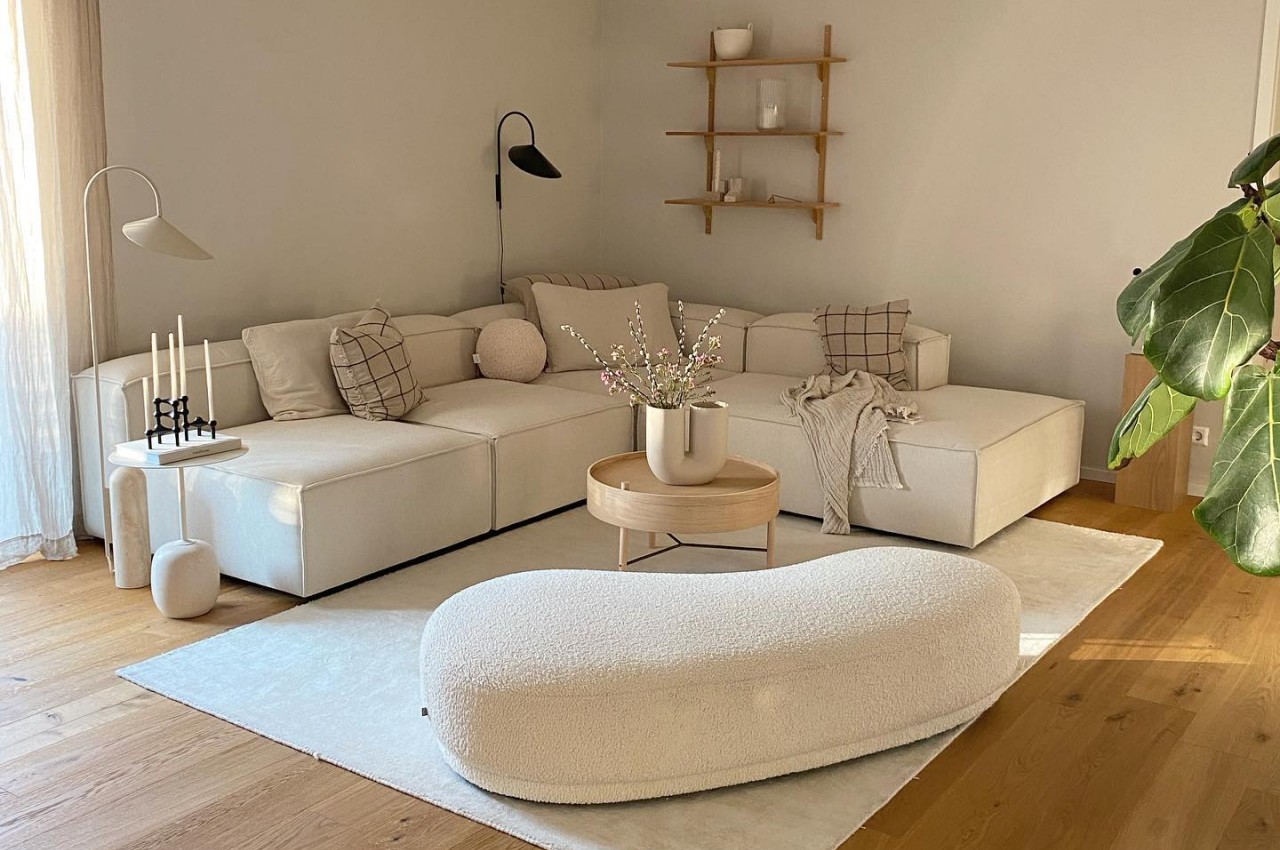
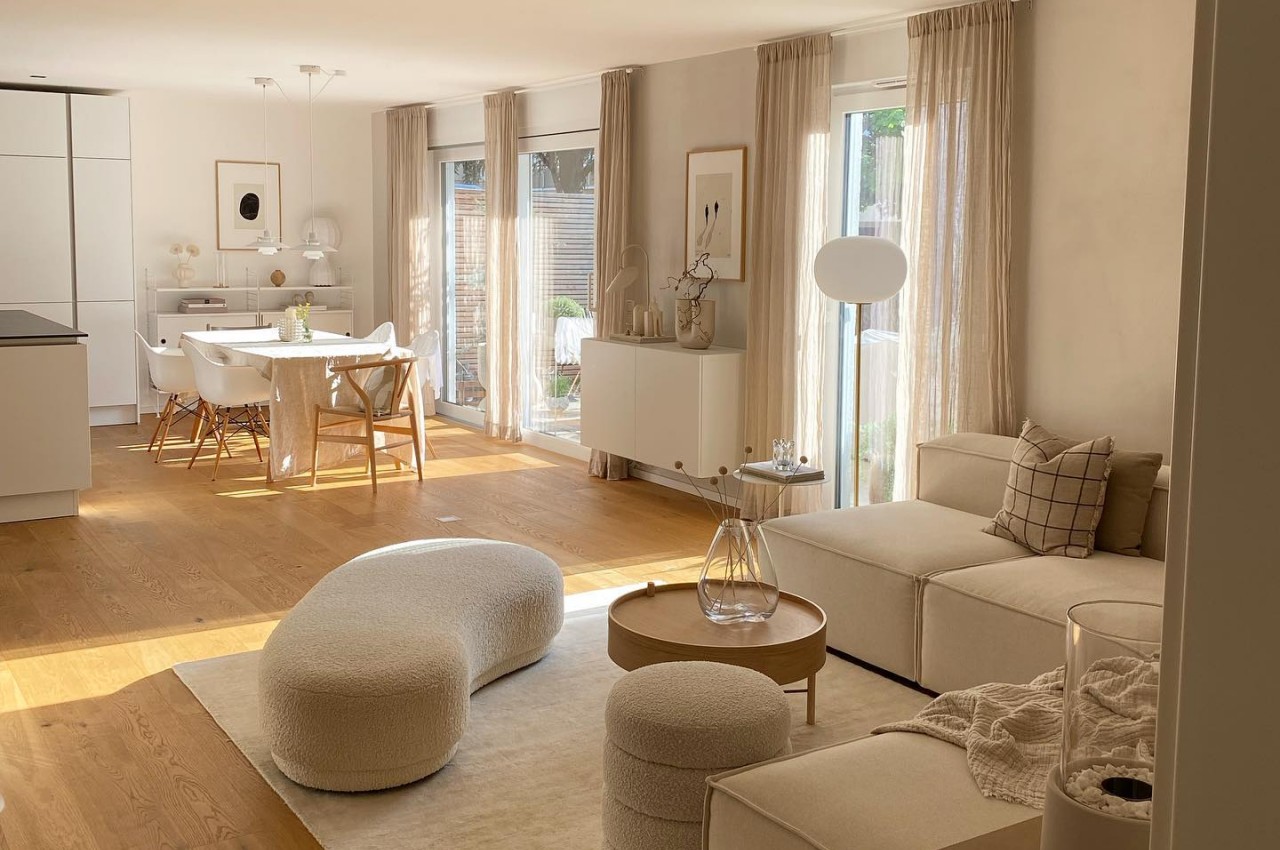
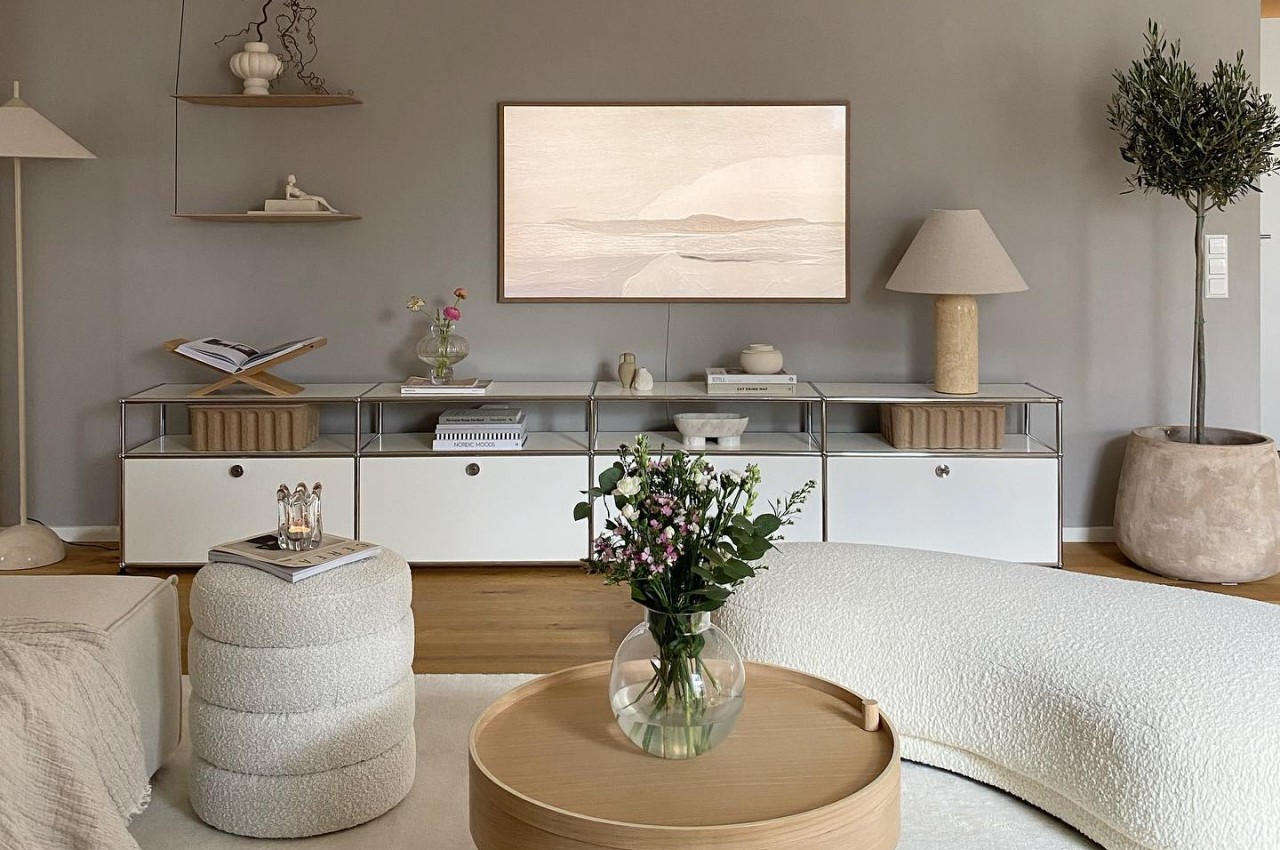
Designer: Hygge by Kate
Opt For Natural Materials
Go for natural breathable fabrics like cotton, linen, and wool and materials like stone and wood. Layering with textures creates a tranquil atmosphere, so introduce texture in the walls and through fabrics used for the upholstery, curtains, and bed linen. Rich textures offer comfort, relaxation, and some softness through the touch and can be introduced with soft fluffy pillows and throws.
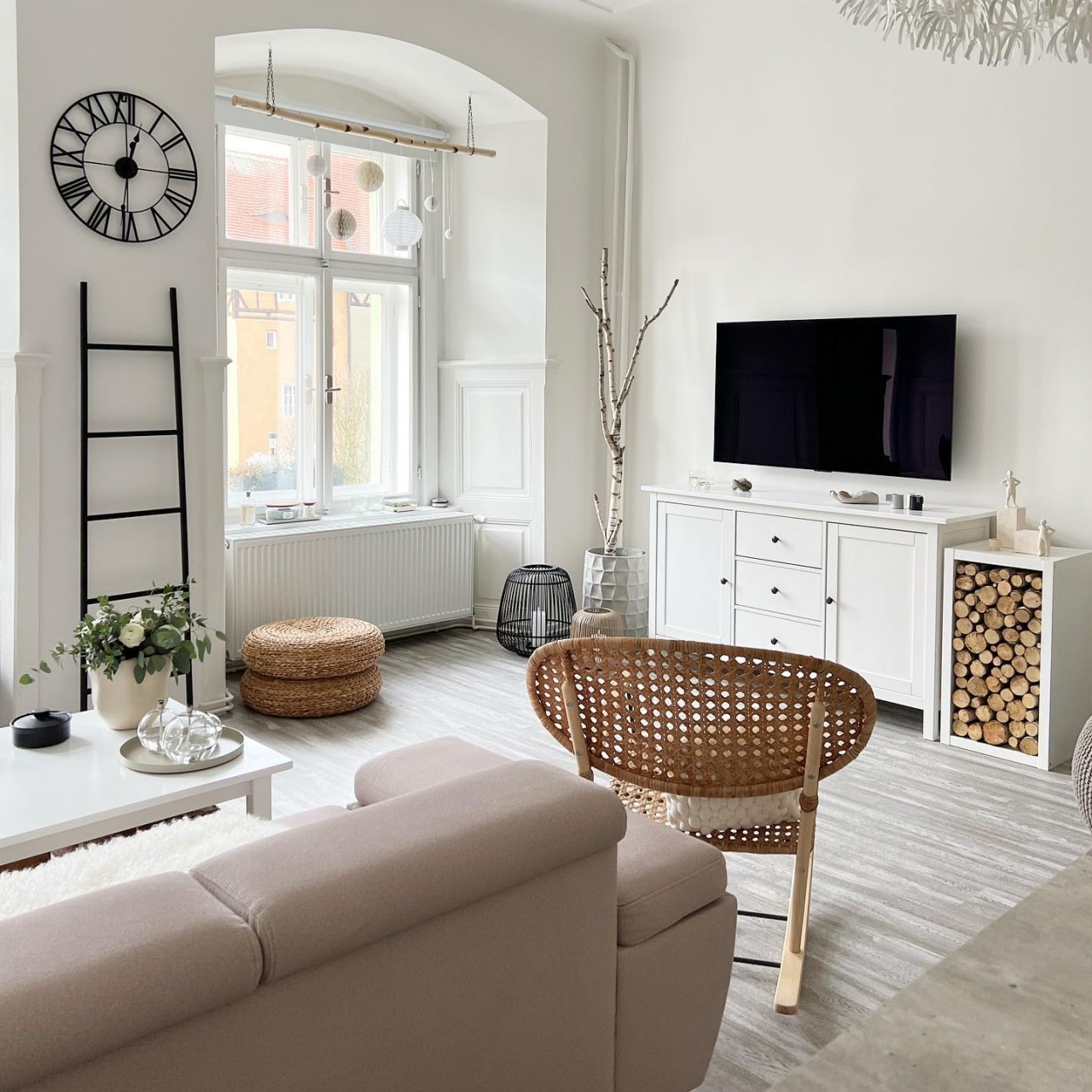
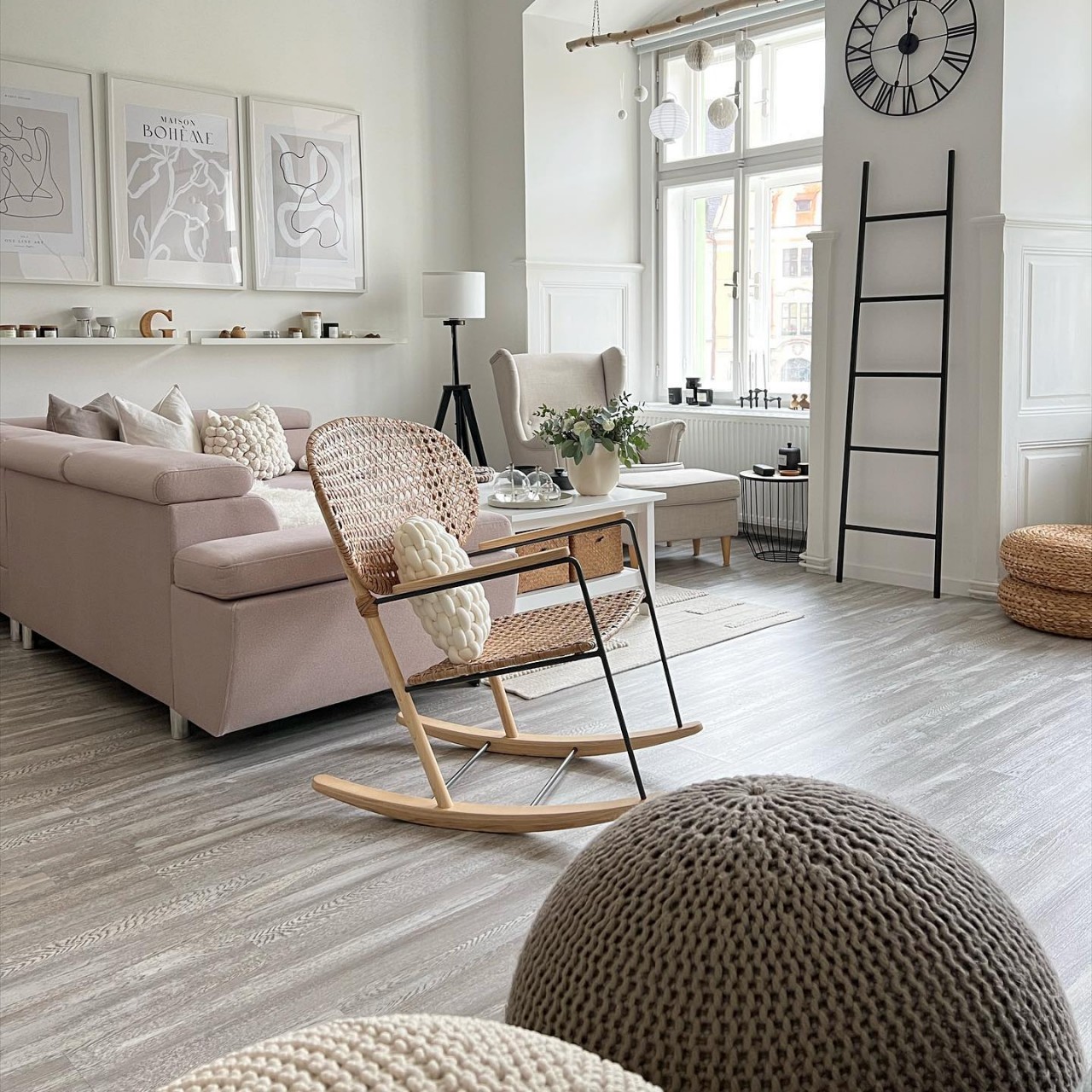
Designer: Jaruška
Less Is More
Focus on the essentials and let your furniture and decor be functional and useful to spark joy. Fill your space with minimum pieces of furniture. Recently, there has been an appreciation for handmade, vintage, and expressive art. Make use of clever storage ideas and smartly hide the clutter. Introduce multifunctional pieces of furniture like bookshelves, hidden drawers, storage beds, and some storage baskets.
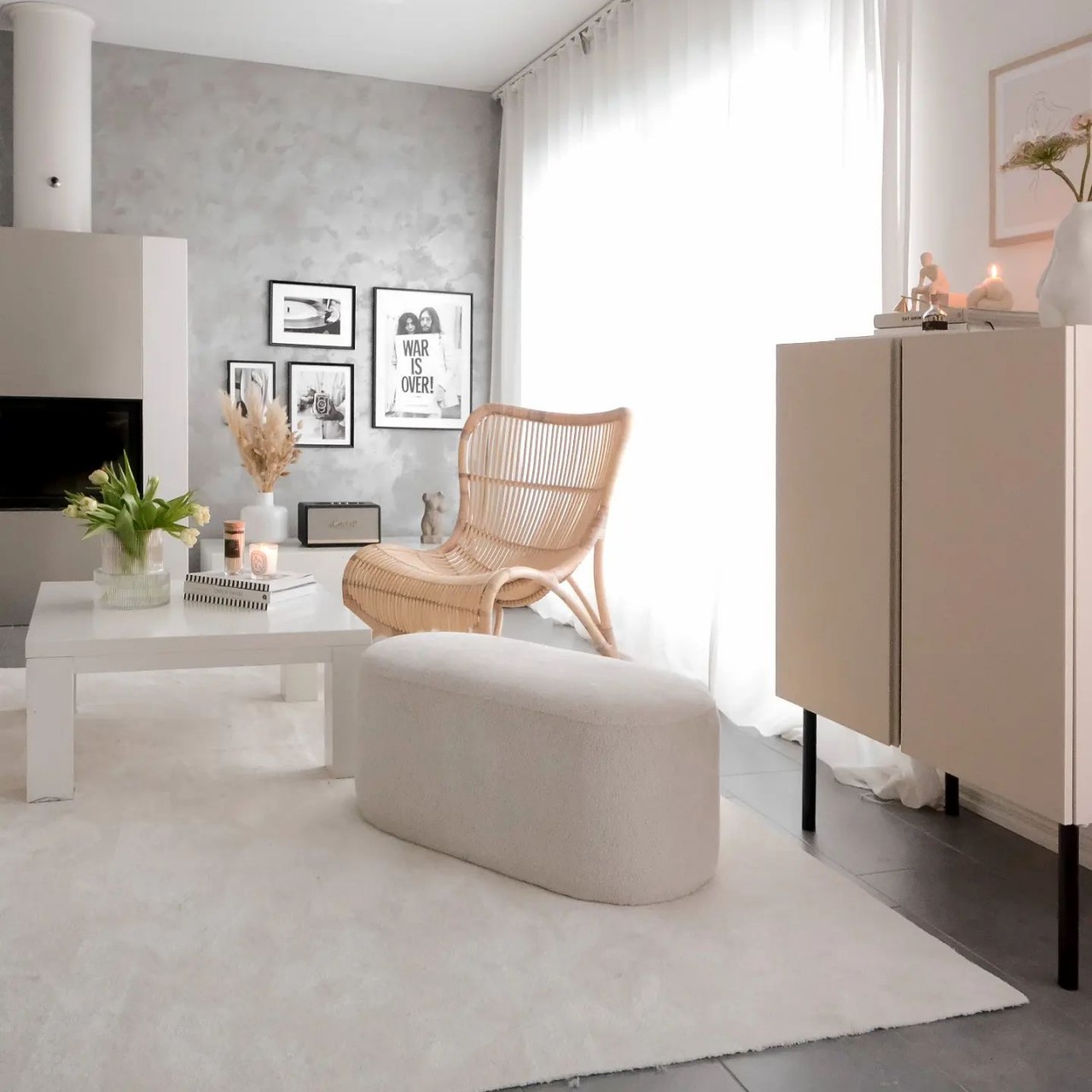
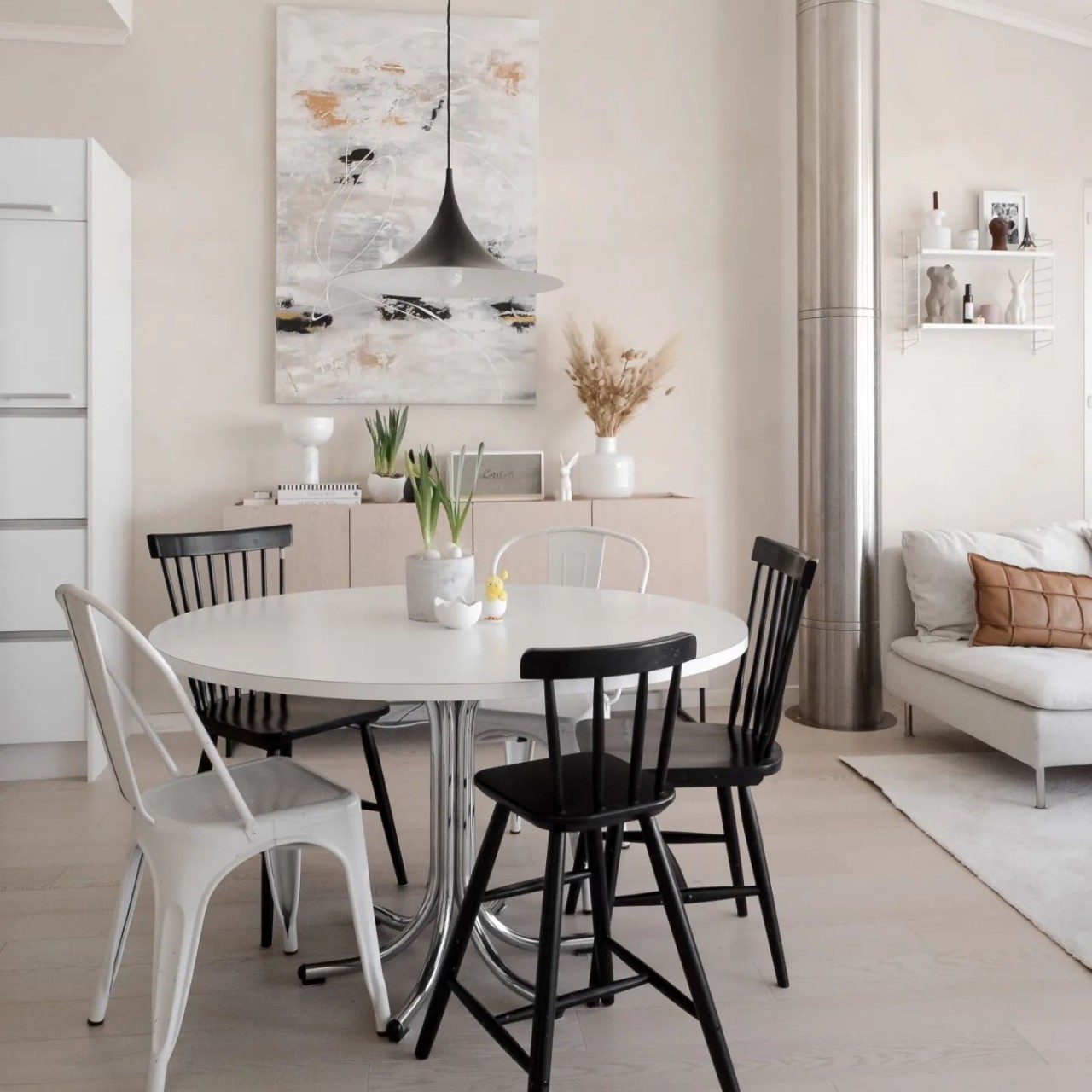
Designer: Hanna Kotona
Create Serene Zones
The spaces around the home should allow you to unwind and regain balance. In the age of technology, disconnecting from technology might not be possible, so make sure to design serene spaces like a reading nook, spruce up a couch, decorate your balcony, or create a pocket of peace with a meditation corner within your home. Avoid keeping electronic devices in your sleeping space, as it is the space for rest and rejuvenation. Plus, make a ‘me time corner’ where you can explore your creativity or pursue your hobby or workout space and transform it into your zen zone. Finally, address your children’s creativity and let the decor of their rooms reflect their tastes, hobbies, and preferences.
Engage Your Senses
Create a multisensory environment that engages all your senses, like sight, smell, touch, taste, and sound. Therefore, a mindful space emphasizes how things look and pays attention to texture and scents. For example, introduce fresh flowers, your favorite signature scent that can stimulate and transport you to happy places that evoke positive feelings. Likewise, try to create a spa effect in the bathroom with spa-inspired touches like candles, luxurious robes, and towels.
Earthy Color Palette
Colors affect our mood, so choose a cohesive color palette and the right colors according to the functionality of the space. Soft, neutral hues can calm the mind and create a bright, airy look. Choose a color that you are drawn to and that evokes happiness. Avoid vibrant and high-energy colors like red and yellow for the bedroom. Instead, opt for tranquil shades like light blue, grey, green, or lavender in a matte or satin finish. If you want to introduce a bold color, limit it to a single wall or an accent piece of furniture and accessories. Avoid using busy patterns.
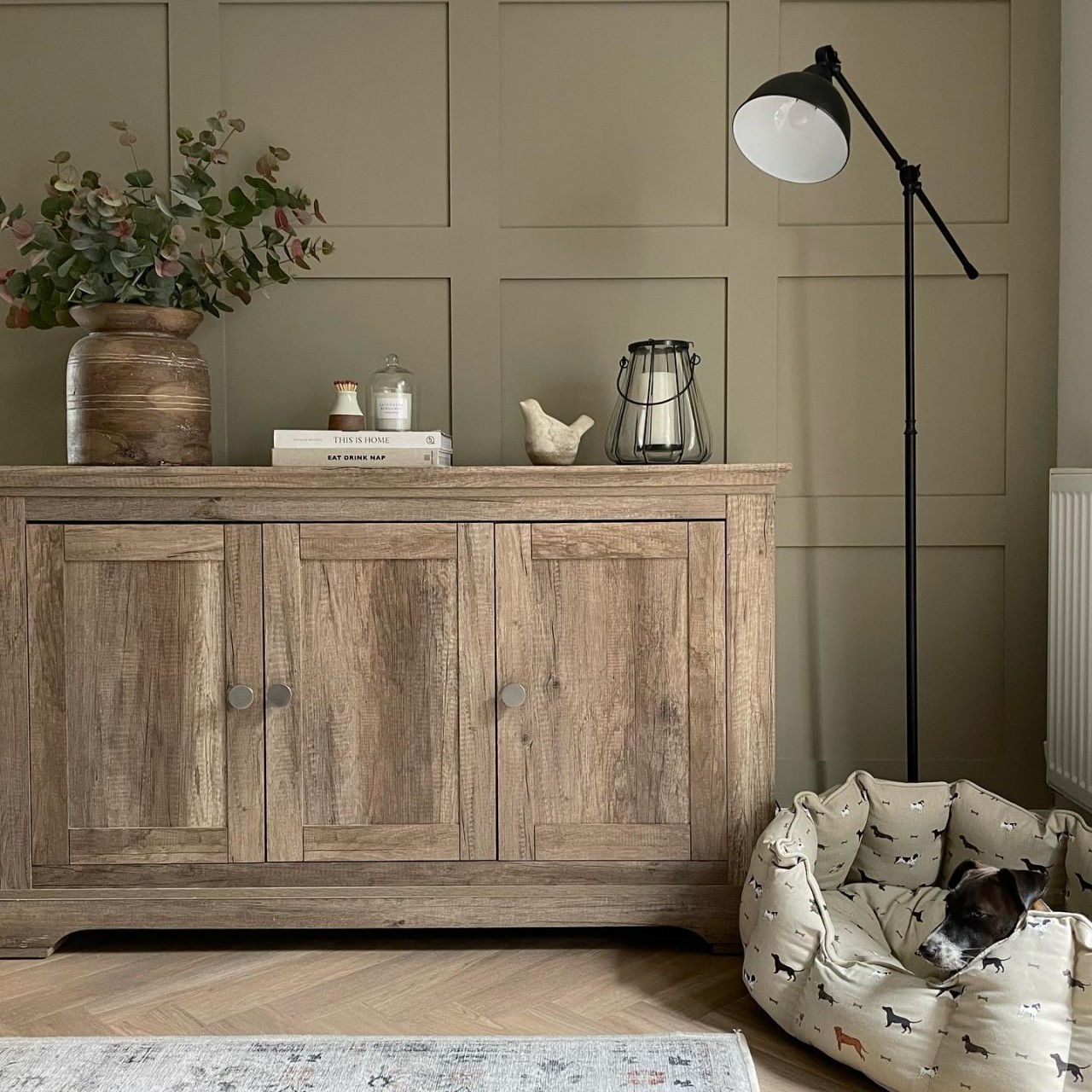
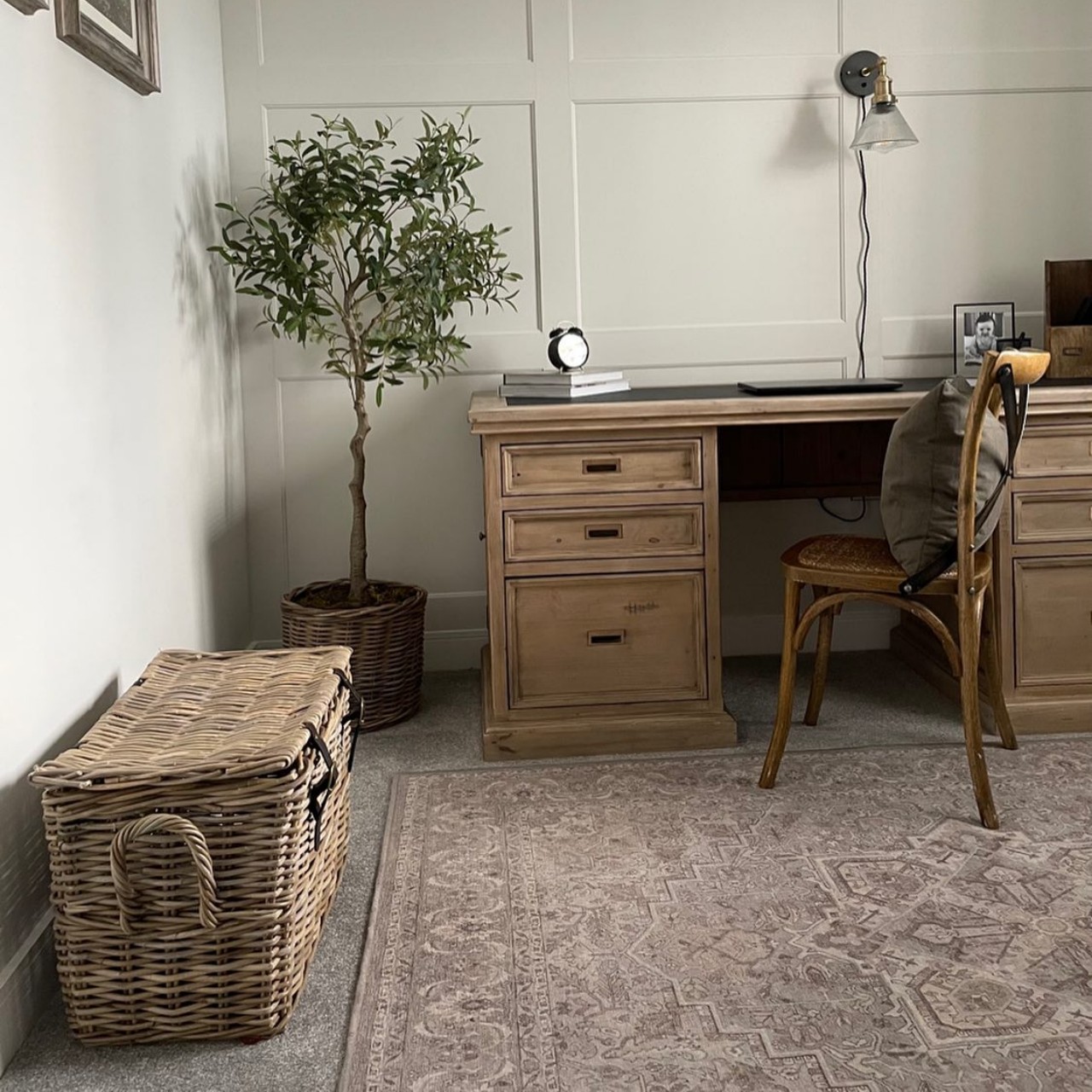
Designers: Meg and Sean
Invite Nature
Foster a connection with the natural world with plants and other natural elements that reduce stress and have a decorative appeal. Some of the best plants include snake plants, English ivy, Boston fern, and succulent plants, as they impart warmth and style, eliminate toxins, and improve concentration. If you don’t want to commit to a green thumb, decorate the space with artificial plants. Mimic the feeling of bringing the outdoors with a biophilic or nature-inspired decor. This can be achieved using tropical wallpapers, natural stone textures, a small waterfall, etc. As nothing is symmetrical, invest in furniture pieces having rounded edges.
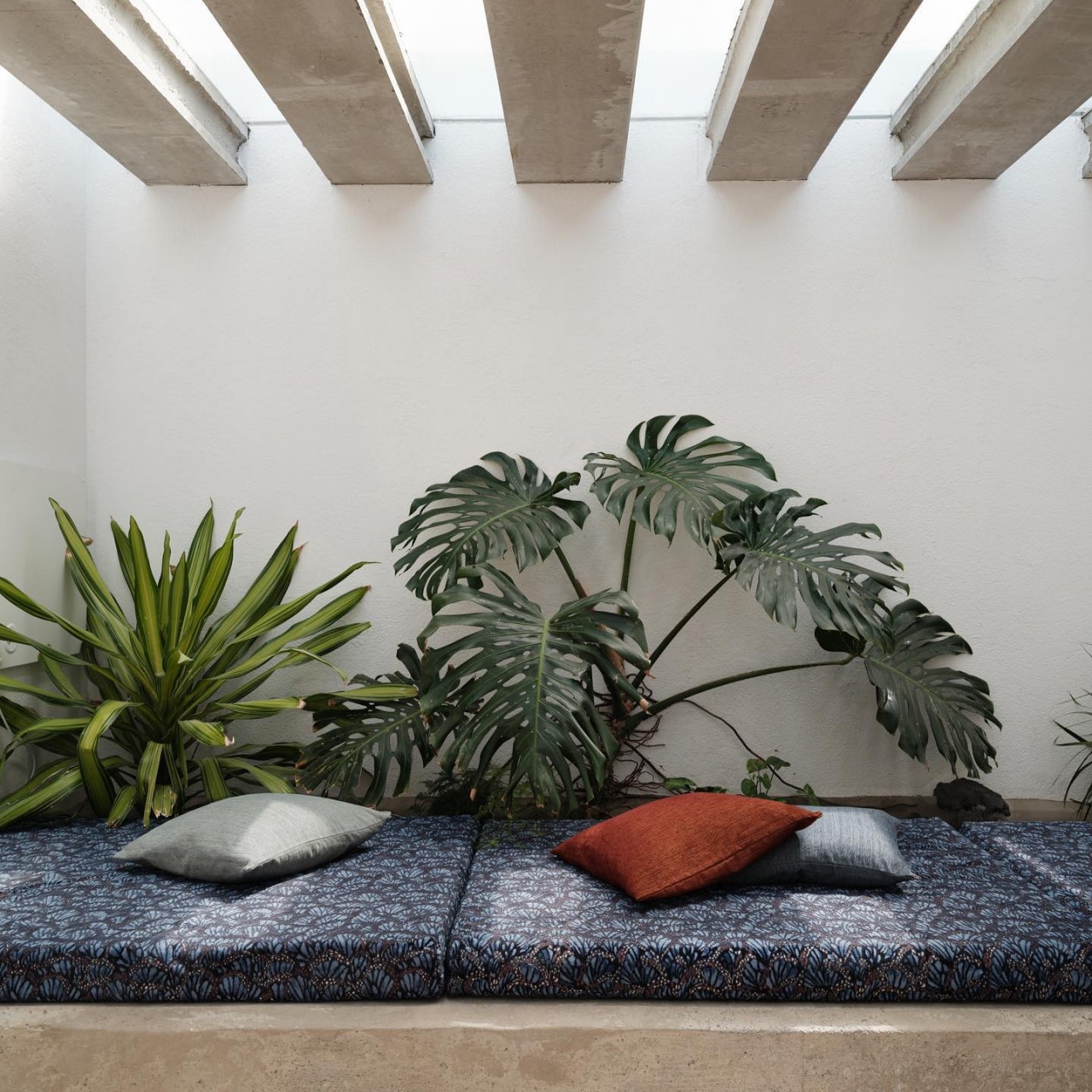
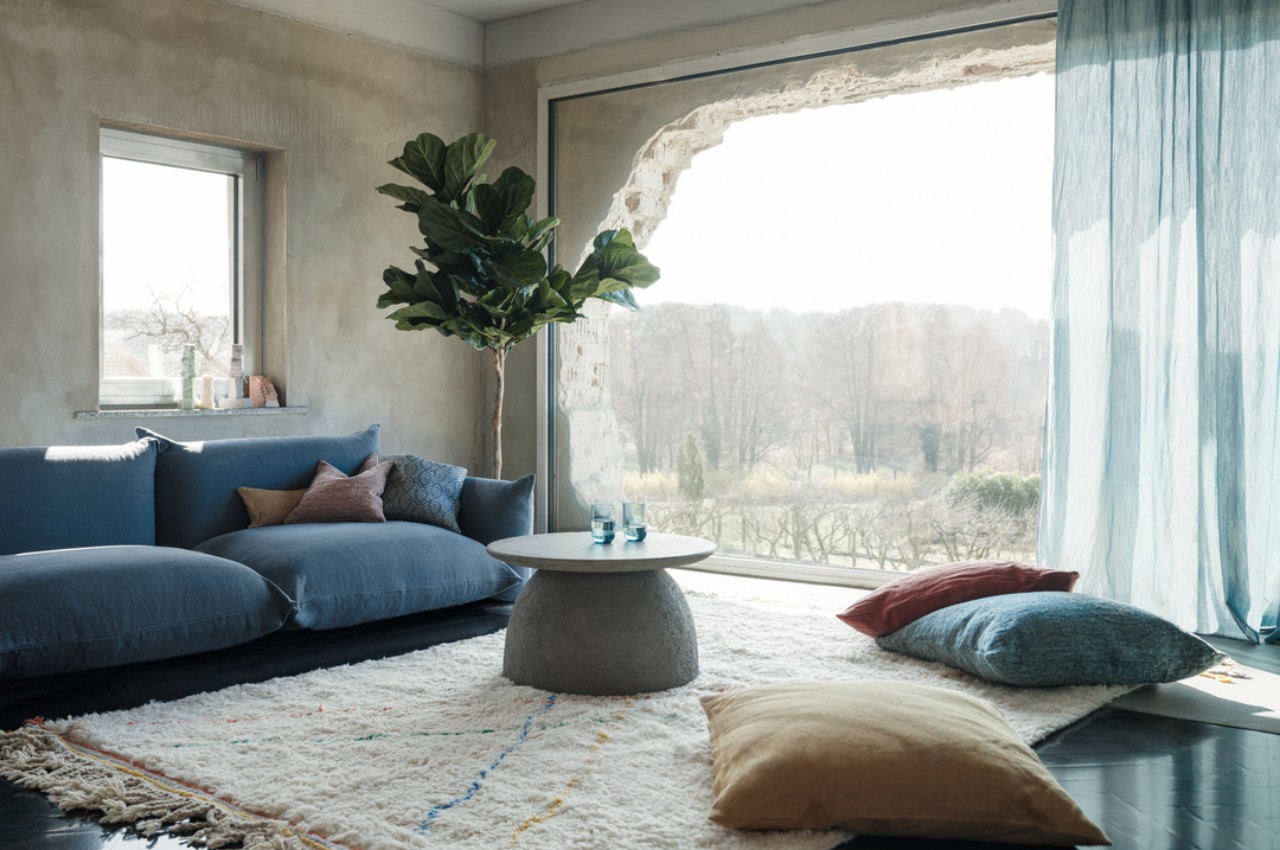
Designer: Hodsoll McKenzie
Good Lighting
Blur the indoor and outdoor boundaries and bring in maximum sunlight, as it is important for our bodies. Note that sunlight can uplift mood as it increases serotonin levels in the brain, which also helps one to be calm and focused. Open the windows and cross-ventilate the spaces so that the stale indoor air is continuously replaced by fresh outdoor air. When the sun is strong, install sheer curtains so light can filter in. Rearrange the furniture so that it does not block any natural light. If you are working from home, have your desk near a window. Incorporate a warm ambient glow with 2700 kelvin color temperature as an atmospheric glow of dim lighting makes the space feel restful. Note that white cool blue light is above 3000-kelvin temperature.
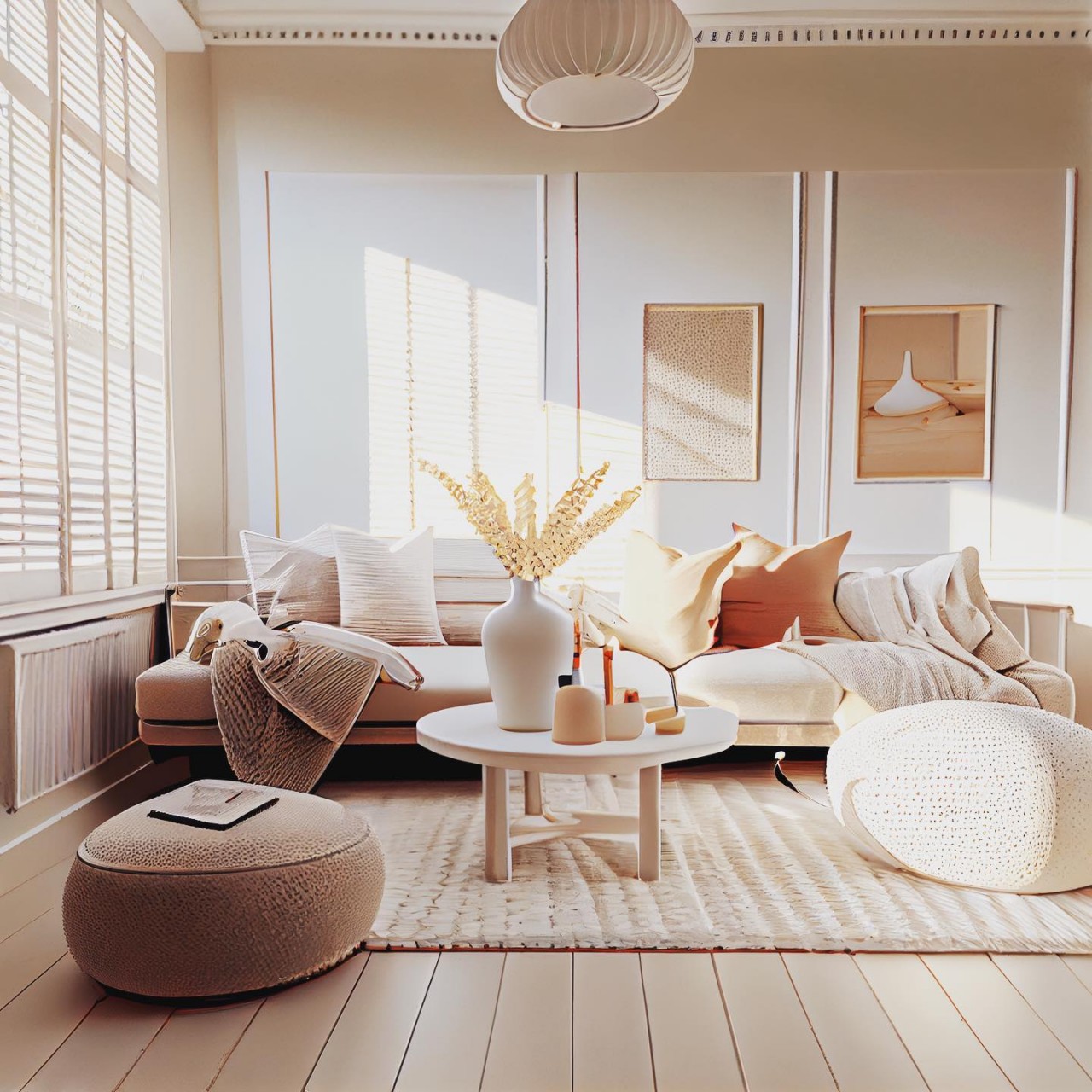
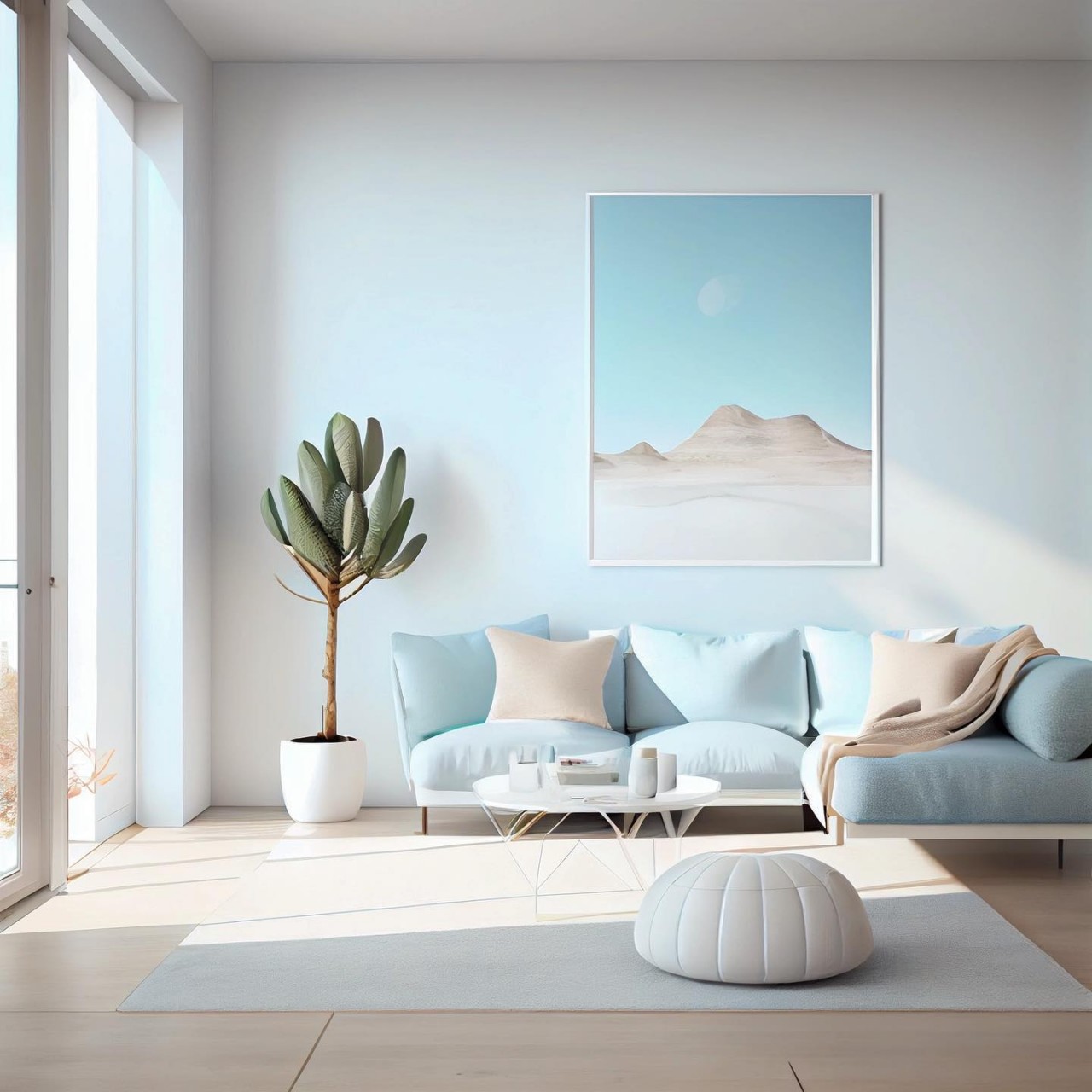
Designer: Marco d’Aviano Gottschalk
Invest In Comfort
Instead of focusing on aesthetics, go for furniture pieces that are comfortable to use and easy to maintain. Some finishes, like leather, get better with age and are perfect for the couch and lounge chairs. Also, luxurious materials like wool carpets offer optimum comfort and come with a soft and cozy underfoot.
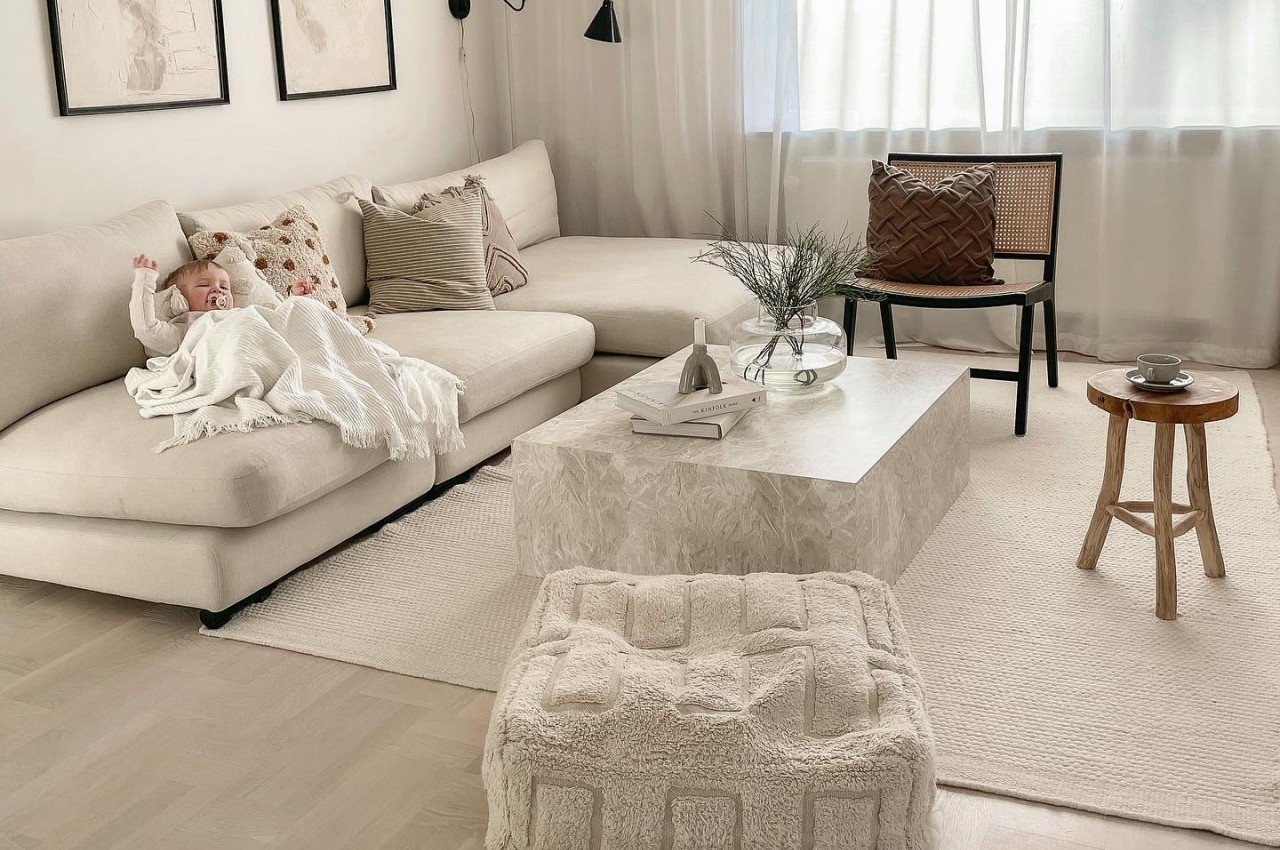
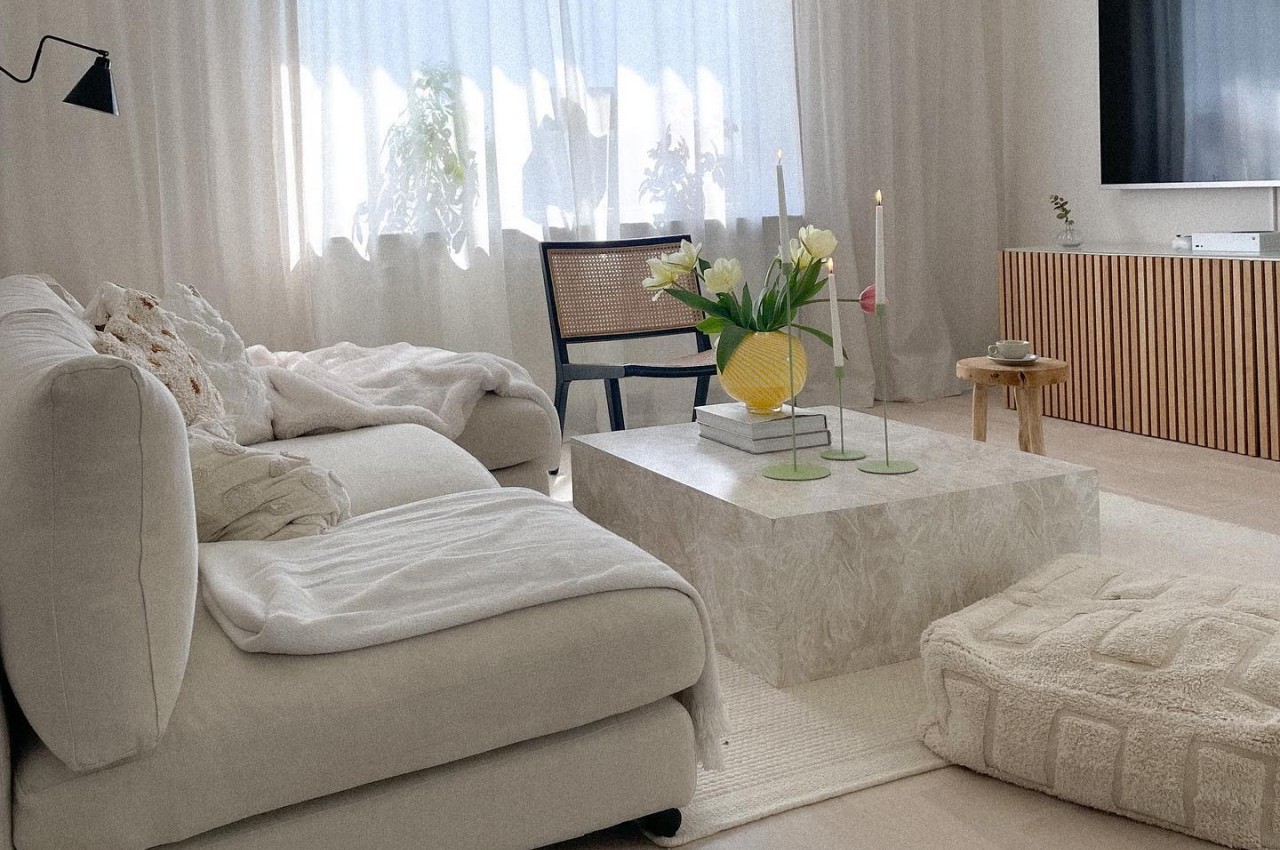
Designer: Josefin Krook
Make Space for Good Memories
Let your home be a reflection of who you are. Surround your home with family photos, travel photos, and sentimental keepsakes reminding you of all the good times and strong relationships. Create a gallery wall with souvenirs, artwork, or powerful thoughts.
So always be in the moment, surround yourself with things you love, and transform your home into a cheerful personal oasis for the mind, body, and soul. Before buying home decor items, ensure they serve a function or a purpose.
The post How to Design a Mindful Home first appeared on Yanko Design.
0 Commentaires